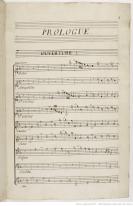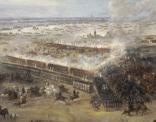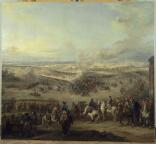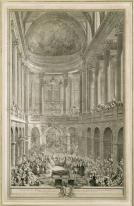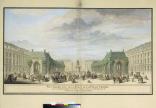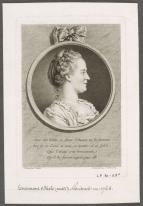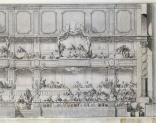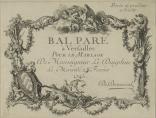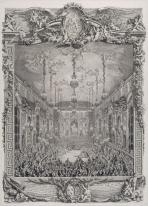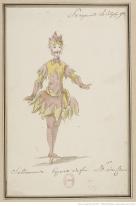

 174417451746
174417451746
-
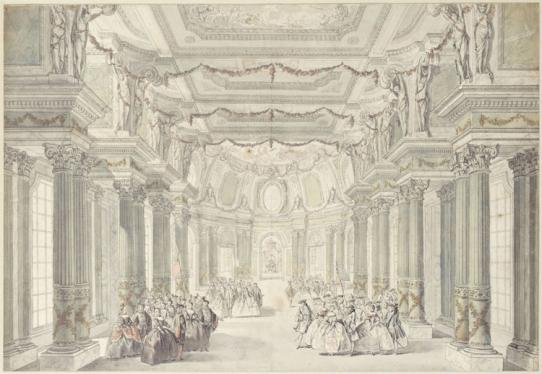
La Princesse de Navarre
-
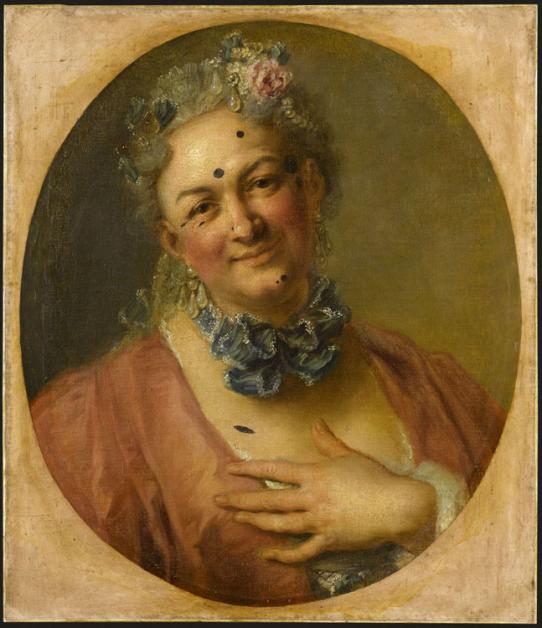
Le Chanteur Pierre de Jelyotte
-
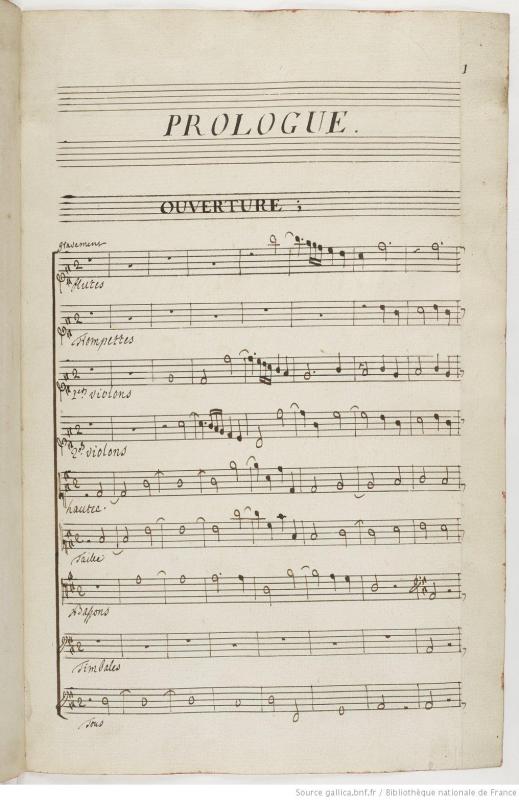
Les Fêtes de Polimnie
-
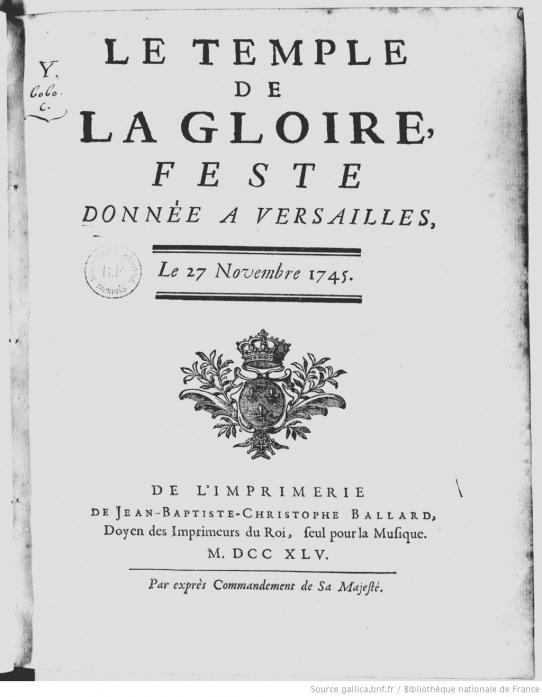
Le temple de la gloire, feste donnée à Versailles, le 27 novembre 1745
-
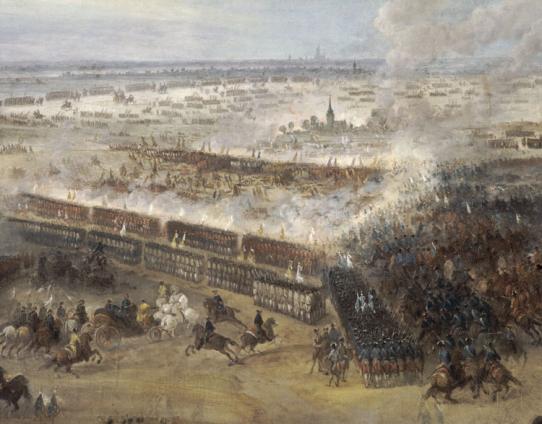
Oeuvre peinte entre 1750 et 1760. Sont représentées au premier plan des figures équestres de la Maison militaire du roi
-
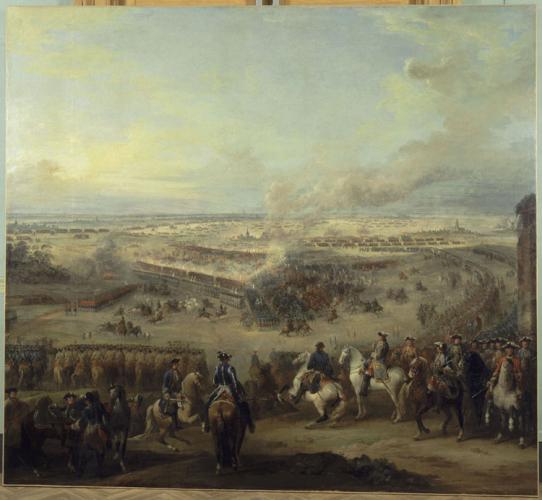
Oeuvre peinte entre 1750 et 1760. Sont représentées au premier plan des figures équestres de la Maison militaire du roi
-
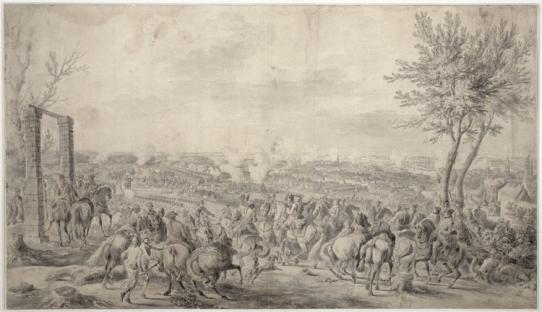
Louis XV donnant ses ordres à la bataille de Fontenoy, le 11 mai 1745
-
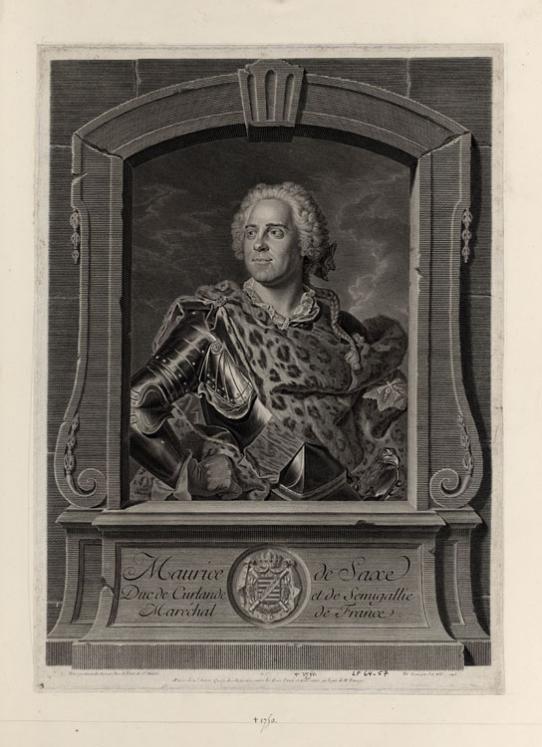
Maurice comte de Saxe (1696-1750), maréchal de France, duc de Courlande et de Semigallie
-
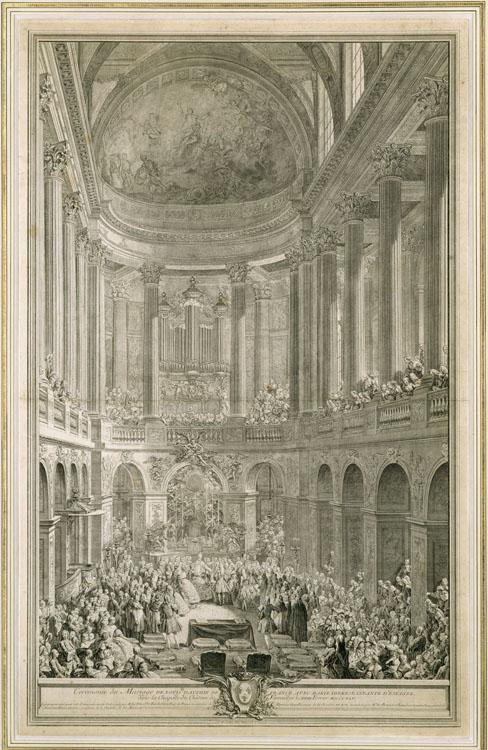
Cérémonie du mariage de Louis Dauphin de France avec Marie-Thérèse d'Espagne à Versailles le 23 février 1745 dans la chapelle royale du château de Versailles
-
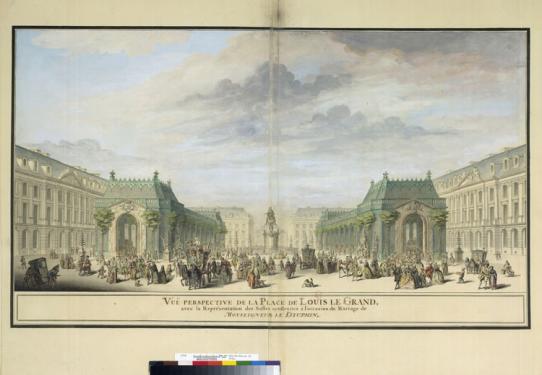
Vue perspective de la place de Louis le Grand avec la représentation des salles construites à l'occasion du mariage de Monseigneur le Dauphin
-
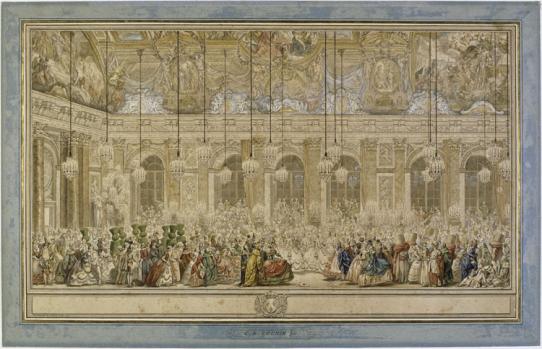
Bal masqué donné pour le mariage de Louis Dauphin de France avec Marie-Thérèse d'Espagne
-
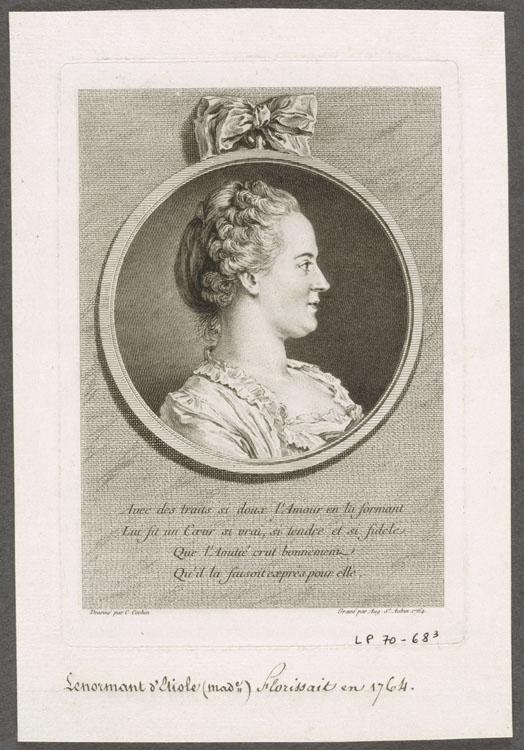
Marquise de Pompadour (1722-1764)
-
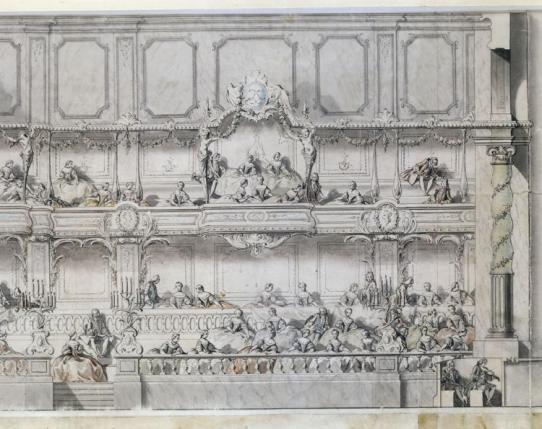
Projet pour la salle de spectacle à construire dans le manège de la Grande Ecurie à Versailles en 1745
-
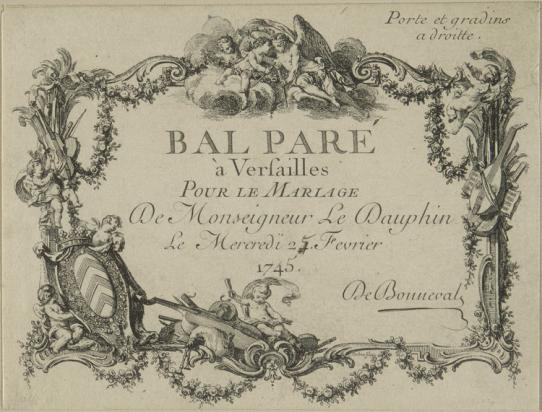
Billet du bal paré à Versailles pour le mariage du dauphin, le mercredi 23 février 1745
-
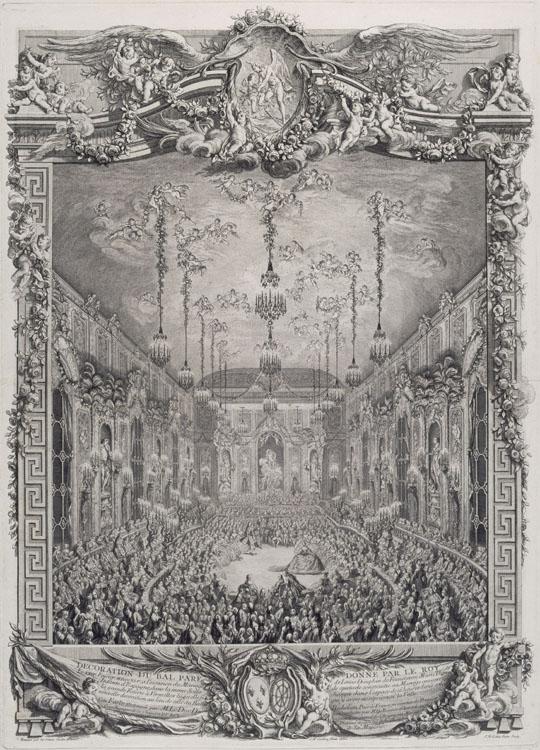
Bal paré donné à Versailles en février 1745 pour le mariage du Louis Dauphin avec Marie-Thérèse, infante d'Espagne
-
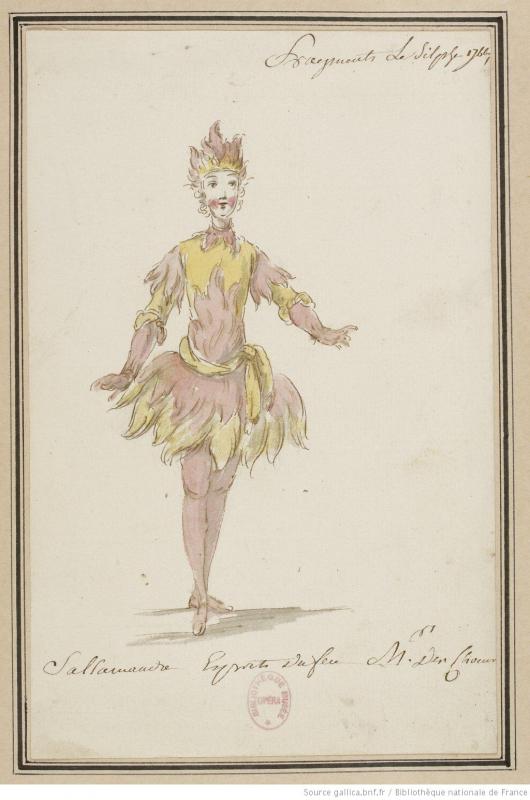
Le Sylphe 1766
Rameau and his work
Death in Paris (rue St Honoré) of Françoise Delozier, Rameau's mother-in-law.
Rameau receives a royal pension of 2,000 livres and the title compositeur of the Musique de la Chambre du roi.
Rameau registers a life annuity on his second son, Alexandre.
Rameau's address is given as rue St Honoré (until 1750).
Première of La Princesse de Navarre in the temporary theatre known as the Théâtre du Manège, created in the riding-school of the Grande Écurie.
Première of Platée ou Junon jalouse in the temporary theatre known as Théâtre du Manège.
Première of Les Fêtes de Polymnie at the Académie royale de musique.
Première of Le Temple de la Gloire in the temporary theatre known as the Théâtre du Manège.
Première of Les Fêtes de Ramire in the temporary theatre known as the Théâtre du Manège.
Rameau and his period
The Battle of Fontenoy, a decisive victory for the French, led by the Maréchal de Saxe.
Wedding of the Dauphin to his cousin Maria Teresa, infanta of Spain.
At the ‘Bal des Ifs’, a masked ball held in the Hall of Mirrors, transfomed for the occasion into a ballroom, the king first shows his interest in Jeanne-Antoinette Poisson, Madame Le Normant d'Etiolles, later Marquise de Pompadour, who becomes his favourite.
Manège de la Grande Écurie converted into a temporary theatre and ballroom for the wedding celebrations of the Dauphin.
Première of Zélindor roi des Sylphes by (François) Rebel and Francœur premièred in the temporary theatre known as the Théâtre du Manège, in the Grande Écurie. Same work later presented at the Académie royale de musique.
Death in Paris of Pellegrin, one of Rameau's librettists.
Death of Autreau, one of Rameau's librettists.












